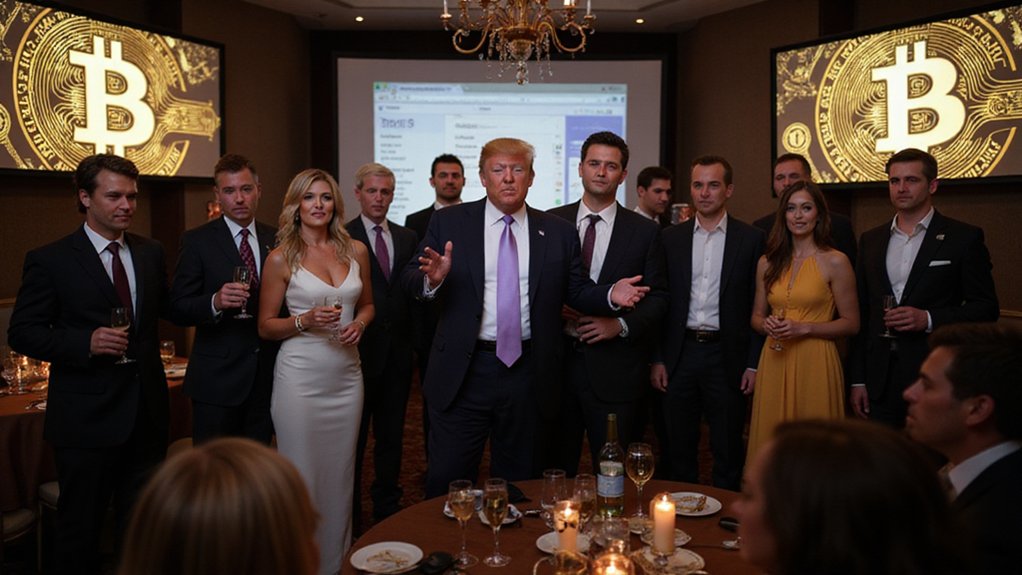In a move that could transform Bitcoin discourse from niche financial evangelism into mainstream cultural phenomenon, Michael Saylor—the Executive Chairman whose company has amassed over $40 billion in Bitcoin holdings—has publicly invited Joe Rogan to engage in what would certainly become one of the most consequential cryptocurrency debates in podcasting history.
The invitation, extended through an X post, represents more than typical corporate promotional theater. Saylor’s strategic gambit leverages Rogan’s enormous platform—The Joe Rogan Experience commands audiences that dwarf traditional financial media—to potentially shift Bitcoin from speculative asset to cultural touchstone. Given Rogan’s track record hosting figures like Elon Musk and Mike Tyson, the proposed debate would place Bitcoin alongside society’s most compelling narratives.
Rogan has previously expressed genuine fascination with Bitcoin, calling it a “real fascinating cryptocurrency,” suggesting receptivity to substantive dialogue beyond superficial skepticism. This creates intriguing dynamics: a hardcore Bitcoin maximalist facing a curious but uncommitted podcaster whose questions might prove more penetrating than those from financial journalists already versed in cryptocurrency orthodoxy.
Potential discussion topics span corporate adoption strategies, Bitcoin’s performance against traditional assets like gold (a favorite Saylor comparison), and the intersection of artificial intelligence with digital currencies. Market volatility concerns—Bitcoin’s perpetual albatross—would inevitably surface, providing Saylor opportunities to deploy his characteristic long-term growth narratives against short-term price fluctuation anxieties. Saylor has consistently maintained that Bitcoin is engineered to outperform all capital assets, positioning it as the superior investment vehicle for institutional portfolios. MicroStrategy’s methodical approach has generated a BTC Yield of 13.7% year-to-date, demonstrating the effectiveness of systematic Bitcoin accumulation strategies.
The debate’s significance transcends entertainment value. Rogan’s massive audience could dramatically expand Bitcoin awareness beyond existing crypto communities, potentially influencing institutional investors reconsidering asset allocation strategies. Previous Saylor engagements, including his public exchanges with gold advocate Peter Schiff and presentations at Bitcoin 2025, demonstrate his ability to articulate complex monetary theory for diverse audiences.
Market implications remain speculative yet substantial. Major cryptocurrency discussions on influential platforms historically correlate with price movements, though causation proves difficult establishing. More importantly, the debate could legitimize Bitcoin discourse within mainstream cultural conversations, moving beyond financial circles into broader societal dialogue.
Whether Rogan accepts remains unknown, but the invitation itself signals Saylor’s recognition that Bitcoin’s future depends not merely on institutional adoption but cultural acceptance—a battle fought through influence rather than algorithms.







